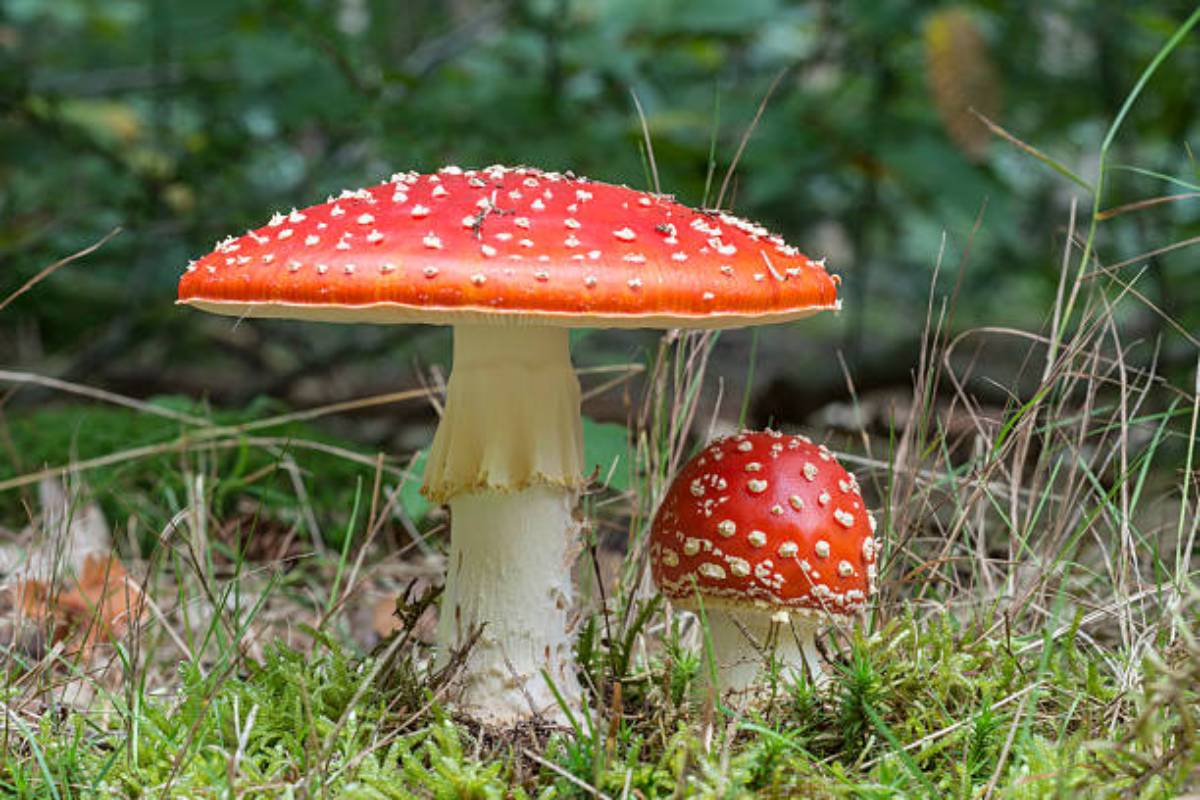Researchers have shown the possibility of using psilocybin — the active compound in mushrooms with psychedelic properties — as a therapeutic tool against mental disorders.
Psilocybin has long been recognised as a classic psychedelic substance and has recently been investigated for its potential to assist in the treatment of various psychiatric disorders, primarily depression and addiction, through therapy supplemented with a high dose of psilocybin.
Advertisement
However the new study, published in the journal Molecular Psychiatry, focuses on repeated low doses of psilocybin, which are significantly lower than the doses typically used in therapeutic settings and are commonly referred to as “microdosing.”
“Microdosing is a phenomenon popularised within performance culture, notably in areas like Silicon Valley, California, and has subsequently spread through stories and anecdotes on the internet as a form of self-medication for various challenges,” explains Mikael Palner, from the University of Southern Denmark in Netherlands.
The study conducted on rats showed that animals tolerated the repeated low doses of psilocybin well and did not exhibit signs of reduced pleasure (anhedonia), anxiety, or altered locomotor activity.
Most notably, repeated low doses of psilocybin increased the rats’ resilience to stress, and they displayed fewer compulsive behaviours.
Additionally, an increase in the number of connections to the thalamus region of the brain, which serves as a kind of filter for our decisions and concerns, was observed.
“The change in connectivity to the thalamus may contribute to our enhanced resilience to stress factors and could explain why so many people report positive effects on their well-being from small doses of psychedelic mushrooms,” Palner said.
Through the new study, the researchers have established a valid method that can be utilised for further research into the effects of repeated low doses of psilocybin.
The study also lends support to the numerous anecdotal reports of the benefits of microdosing as a therapeutic intervention.
This paves the way for additional research and potentially entirely new approaches to treating various mental disorders.
“The increased anxiety and stress in society currently have placed a strong focus on microdosing, leading to a surge in the trade of mushrooms. Countries such as the Netherlands, Australia, the US, and Canada have either legalised or are in the process of legalising psilocybin for therapeutic treatment,” said Palner.
“It is, therefore, crucial that we understand the effects and side effects of these substances, which are already widely used by people around the world.”











